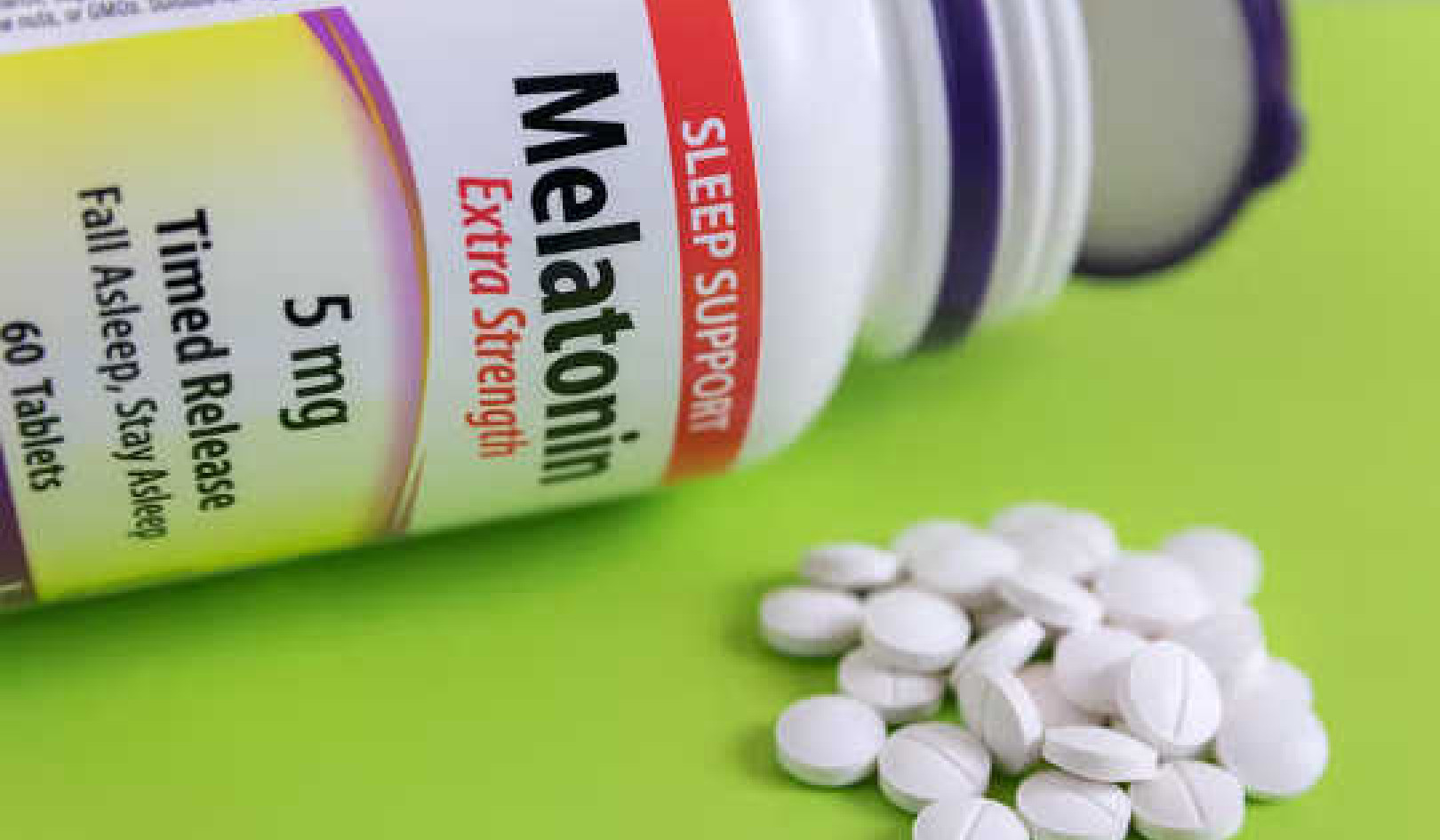
Dundanim/Shutterstock
In Greek mythology, the many-headed beast Hydra had such severe halitosis that the stench of its breath was deadly to anyone who smelled it. Thankfully, our morning breath might not be that pungent – although eating onions or garlic can put some people in competition with the Hydra.
Halitosis has many causes (aside from poor oral hygiene) and can indicate problems with the gut, the sinuses and even the bloodstream. In fact, breath samples can even be tested to make formal diagnoses of health conditions.
One condition that can affect the smell of breath is diabetes mellitus. This is a metabolic disorder where sugar (glucose) is unable to access the body’s cells where it is needed to provide energy, and so rises in the bloodstream.
In some instances, such as insufficient insulin dosing, or infection, the body’s response is to break down fats into compounds called ketones to act as a rapid form of fuel. This serious condition is called diabetic ketoacidosis.
Ketones have a distinctive scent. Acetone, which is also an ingredient in some nail varnish removers, is one of these ketones and has the smell of pear drops. When ketones build up in the bloodstream they easily diffuse into the breath, giving it a fruity odour.
It’s not just diabetes that can trigger ketone production. Some diets are based on generating ketones from the breakdown of fats to promote weight loss. These methods, such as the Atkins diet, force the body to convert fat into energy by restricting carbohydrates.
Other diets based on the same principles include the 5:2 intermittent fasting diet. On this diet, followers restrict food intake on two days of the week to significantly reduce calorie consumption – and make the body produce ketones.
These diets may help weight loss, but the side-effects can be grim. One of the most notorious side-effects is foul breath, although there are also anecdotal reports of “keto crotch” where some followers of keto diets complain of strong genital odour.
Bacteria and breath
Another cause of bad breath is an overgrowth of bacteria that produce foul smells. There are plenty of nooks and crannies in the mouth for bacteria to hide, grow and fester, especially the hard-to-clean areas – in between the teeth, and in and around the gums and tongue – or out-of-reach places, such as right at the back of the mouth and the throat.
The throat acts as a passage for food, fluids and air. Some patients can develop a condition called pharyngeal pouch. This is where a pocket forms at the back of the pharynx (the medical name for the throat) in which food and fluids can accumulate, ferment and give breath a pungent odour.
Bacteria can also trigger infections in the mouth, like tonsillitis and tooth abscesses where tissues become inflamed, or develop purulence (production of pus). Pus is a collection of different dead cells, including bacteria, and it too can give off a putrid smell.
Also, sinusitis – which is an infection of the air-filled cavities in the skull – can drip foul-smelling infected secretions into the throat, causing bad breath.
Breath tests
Doctors can test breath for bacteria to diagnose some health conditions. For example, Helicobacter pylori, bacteria that can irritate the gut and lead to the development of potentially dangerous ulcers, turns the compound urea into carbon dioxide. To test for H pylori, a diagnostic breath test is performed before and after dosing a patient with urea. If the patient exhales increased levels of carbon dioxide after being dosed with urea, then the test is positive.
Breath can also be tested for an overgrowth of bacteria in the small intestine (Sibo), which can lead to symptoms like abdominal pain and bloating. Sibo produces gases like hydrogen and methane that can also be detected with a breath test.
If you’re worried about pongy breath and don’t have any medical issues, then you can test your own breath. The age-old method is to lick the back of your wrist, let it dry and then have a sniff. You can also do the same with a tongue scraper, dental floss or a sample of breath exhaled into a cupped hand.
Often, we can become used to the smell of our own breath. We might only notice when it becomes really bad, or when there are other symptoms, like a foul taste in the mouth. Or when someone plucks up the courage to finally tell you that you have a case of the breath pongs.
Suppose someone has broken the news – what do you do now? Simple measures can work well, including regular fluid intake – dry mouth can lead to bad breath so make sure you’re drinking enough water – and good oral hygiene. This involves brushing the teeth, tongue and flossing between your teeth to eliminate any bacterial hot spots, as well as regular checkups at the dentist.
Mouthwash can be an effective temporary solution but there’s evidence that a diet rich in leafy greens might be even better at countering bad breath.
Smoking is another potential underlying cause of halitosis. So if you want sweeter breath, pack in the cigarettes – yet another good reason to give up.![]()
Dan Baumgardt, Senior Lecturer, School of Physiology, Pharmacology and Neuroscience, University of Bristol
This article is republished from The Conversation under a Creative Commons license. Read the original article.
Related Books:
The Body Keeps the Score: Brain Mind and Body in the Healing of Trauma
by Bessel van der Kolk
This book explores the connections between trauma and physical and mental health, offering insights and strategies for healing and recovery.
Click for more info or to order
Breath: The New Science of a Lost Art
by James Nestor
This book explores the science and practice of breathing, offering insights and techniques for improving physical and mental health.
Click for more info or to order
The Plant Paradox: The Hidden Dangers in "Healthy" Foods That Cause Disease and Weight Gain
by Steven R. Gundry
This book explores the links between diet, health, and disease, offering insights and strategies for improving overall health and wellness.
Click for more info or to order
The Immunity Code: The New Paradigm for Real Health and Radical Anti-Aging
by Joel Greene
This book offers a new perspective on health and immunity, drawing on principles of epigenetics and offering insights and strategies for optimizing health and aging.
Click for more info or to order
The Complete Guide to Fasting: Heal Your Body Through Intermittent, Alternate-Day, and Extended Fasting
by Dr. Jason Fung and Jimmy Moore
This book explores the science and practice of fasting offering insights and strategies for improving overall health and wellness.




























